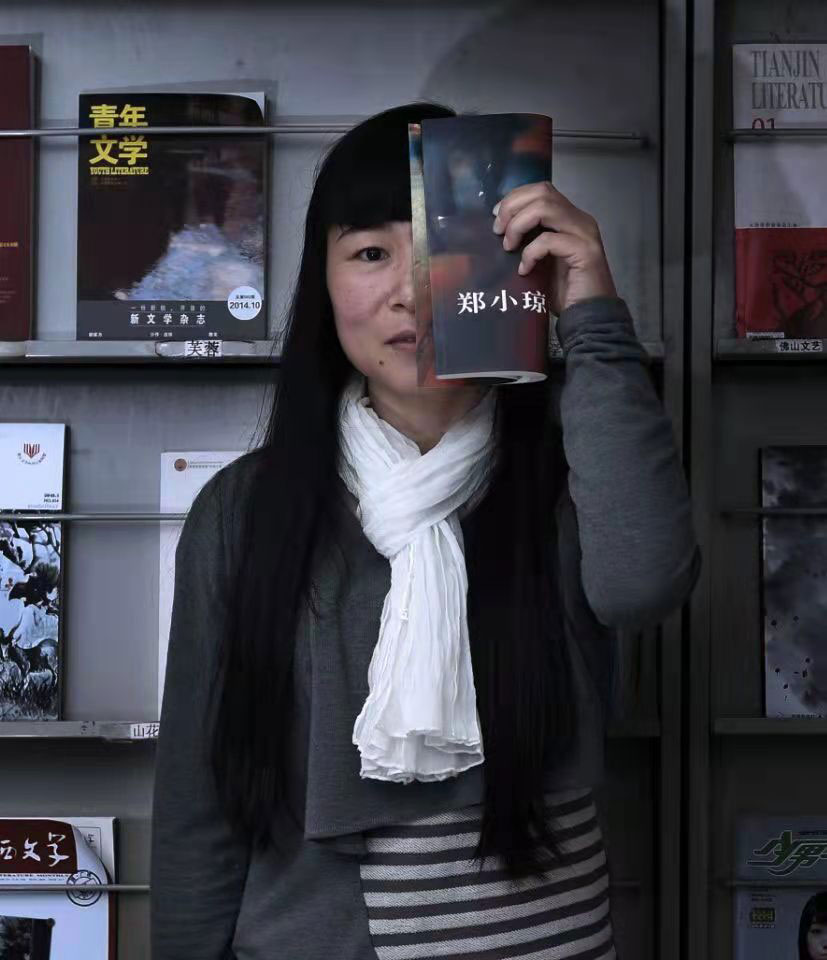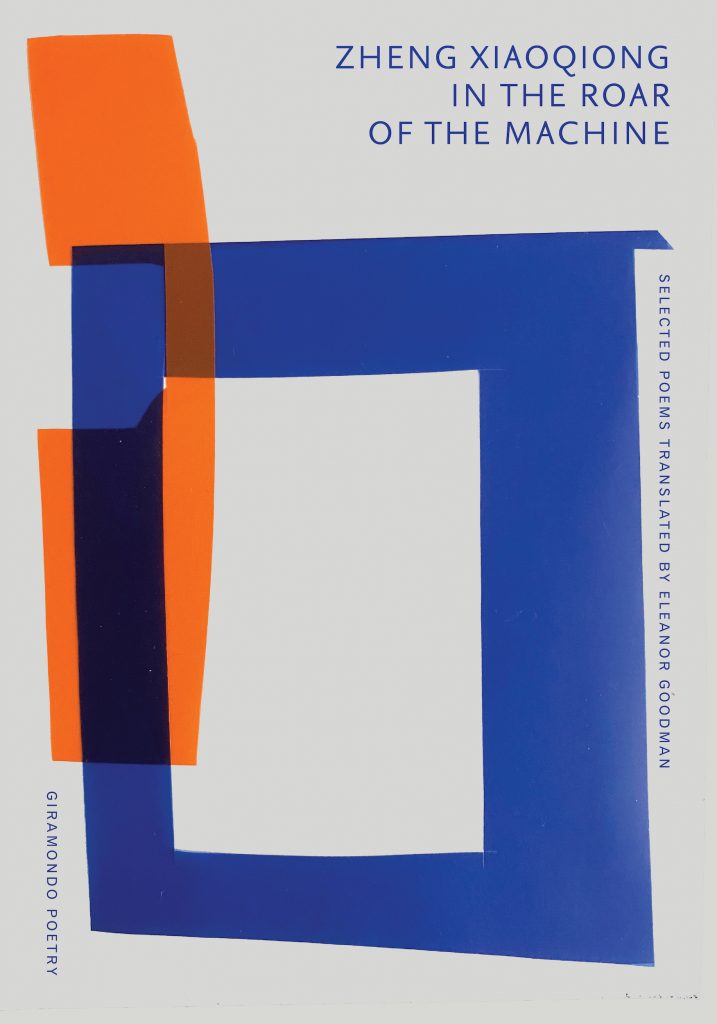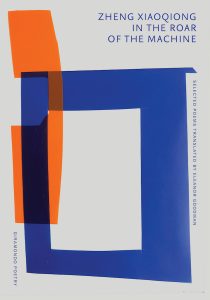Eleanor Goodman: a note on In the Roar of the Machine
From translator Eleanor Goodman’s introduction to In the Roar of the Machine by Zheng Xiaoqiong (July 2022).
Zheng Xiaoqiong’s poetry brings to the fore issues of Chinese domestic migration, global capitalism and income disparity, the contemporary Chinese poetry scene, geopolitics and the world economy, feminism, wage discrimination, and workers’ rights. Quite aside from the sociological import of her work, it is Zheng’s own unique poetics that gives life to these issues, providing a powerful experience through which readers can understand and empathise with often overlooked people, including workers, women, and the rural poor. Although Zheng has published several books and her work has been enthusiastically received in China and in international poetry circles, her poetry has typically been viewed under a narrow rubric, namely that of ‘migrant worker poetry’ and the ‘migrant worker poet’. While this is where Zheng’s literary career began, it is only one part of the story of Zheng’s life and work.
…
From the start, she wrote across genres, producing essays, fiction, informal reportage, and poetry; the juxtaposition and melding of these different modes of writing are characteristic of her style. Her poems sometimes seem to slip towards prose, and her ability to capture voices and experiences that are not her own shows an ear highly attuned to both song and narration. Much of her work comes from her own direct experience or observation, and pulsates with linguistic, moral, and narrative intensity…Zheng has resisted the limitations of the moniker of ‘migrant worker poet’, however, and the concomitant role assigned to her first by birth and circumstance, and then by the literary establishment. Most of her poems having to do with the factory involve a larger context, whether it be globalisation, feminism, or environmental degradation.
…
To translate her poetry requires a knowledge not only of the vocabulary of the factory and the urban village, but an attention to her delicate gradations of tone and diction, which address the lives of migrant workers and also engage with classical Chinese poetry, global inequality, her family history within its complex cultural context, and the flora and fauna of her home. Most important, however, is Zheng’s voice, which can be tender, urgent, imploring, regretful, and learned in equal measure. I hope these translations offer all that and much more to the reader.
— Eleanor Goodman




